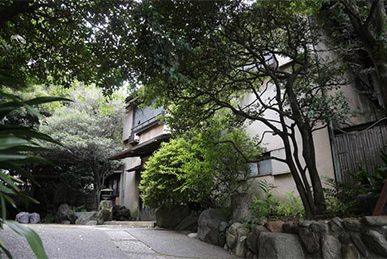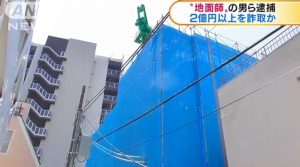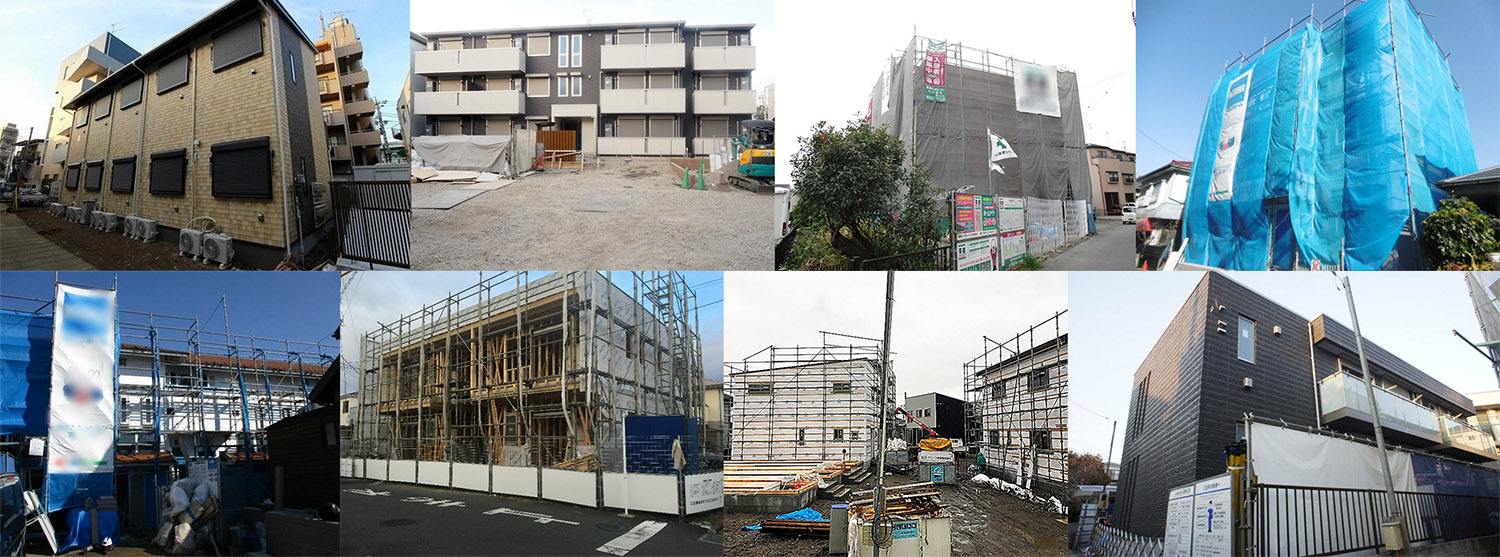Share house investors find themselves entangled in alleged mortgage fraud
The Asahi Shimbun newspaper has reported on potential mortgage fraud occurring with companies that tout share houses to real estate investors.
When buying an investment property from one of these companies, buyers typically entrust the entire loan application process to one of the many real estate agencies connected to the seller. The seller's side will take copies of the buyer's bank book showing their savings. At some point, and by whom remains unclear, the documents submitted to the bank are forged in order to improve the chance of obtaining finance or obtaining a loan much larger than would normally be approved. There are apparently cases where a buyer’s savings have been falsely inflated by as much as 10 times the true amount, along with false records showing a large deposit made to the seller.Read more
Share house investors left high and dry
Investors in share houses have been left struggling to make loan repayments after their subleasing companies failed to make rental payments to landlords. A non-profit support center for landlords reported over 100 calls from distressed property owners over the past month.
Two different share house operators have recently reneged on their sublease agreements with landlords.
Company 1
On January 17th, a Tokyo-based share house operator held a meeting with investors informing them that they would no longer be able to pay rent to the landlords due to financial difficulties. Read more
Double-end commission still at high levels
According to an article in ZAi Online, some of Japan's major real estate agencies are collecting double-end commissions on over half of their sales. Collecting brokerage fees from both the buyer and seller may be illegal in some countries, but is a legal and common practice in Japan. Many times the buyer or seller will be unaware as there are no duties to disclose this to the customer.
In some companies, the agency has represented both the buyer and seller for as many as two-thirds of all transactions. Agencies are heavily dependent on this practice as it makes up a significant portion of their annual sales, and it is not likely that heavy regulation will be introduced to curb this behavior.
In early 2016, the Ministry of Land, Infrastructure, Transport and Tourism (MLIT) introduced reporting requirements for agencies that use the REINS online listing database. Agencies with exclusive-listing agreements are obligated to update the status of the property on the database if an offer has been received. This is an attempt to boost transparency in the real estate market, but appears to have had a limited effect.
Developer loses 6 billion Yen in fraudulent land sale

Major property developer Sekisui House has reported to have lost as much as 6.3 billion Yen (approx. 58 million USD) to scammers in a fraudulent land sale in central Tokyo.
According to a public announcement made by Sekisui earlier this month, they had agreed to purchase the property from a company that claimed to have already signed a tentative sales agreement with the alleged property owner. On the day of settlement, the property title was to be transferred from the original owner to the middle company and then to Sekisui. After the money had changed hands, the registry office (the government agency responsible for recording official changes in property titles) rejected the deed-change application because the title and identification documents from the alleged seller were falsified. By this point the ‘seller’ and associated parties had fled with the money and could not be contacted.
Three arrested for fraudulent sale of land in Minamiazabu
 Three men and women have been arrested for the alleged fraudulent sale of a 300 square meter block of land in Tokyo’s upscale Minamiazabu neighbourhood.
Three men and women have been arrested for the alleged fraudulent sale of a 300 square meter block of land in Tokyo’s upscale Minamiazabu neighbourhood.
According to the police department, the suspects forged the identity of the landowner and collected a 240 million Yen (approx. 2.15 million USD) payment from a buyer in early 2014. Depending on the location, a block of land of that size in Minamiazabu could have had a potential market value of 350 million Yen and upwards, and certainly a higher value today.Read more
Real estate investors: Beware of sales talk
First-time property investors across Japan are starting to find themselves with poor performing investments that don’t meet what they were promised by salespersons. Despite cashflow-positive claims made at investor seminars, some buyers are finding out that their rental property is running in the red, which means they pay cash out of their own pocket each month just to keep up with loan repayments. Some are then convinced by salespersons to buy additional properties to help offset their current losses. The newly suggested properties may appear to be cashflow positive on paper, but in reality they also turn out to run at a loss, only worsening the investor’s situation.
A common tactic is for a salesperson to provide a scenario of the potential return assuming the longest mortgage possible (resulting in lower monthly payments), and not warning the buyer about the possibility of interest rate hikes, monthly building fees increasing in the future, or large-scale building repairs and maintenance that need to be carried out at the owners’ expense. The simulations may also incorrectly assume that rents will remain unchanged and not factor into account future vacancy or a decrease in rents.
Some sales pitches include promises to buy back the the property for the same amount after a fixed period of time, or promising a guaranteed rent, only for the promises to be broken after the sale. Salespersons might also fail to inform the buyer that by taking out investment loans now, they may find it more difficult to get a home loan for their personal residence in the future, especially when they have borrowed at their maximum capacity.Read more
Sublease lawsuits on the rise

Disputes on sublease agreements for rental properties are on the increase across Japan.
A sublease or rental guarantee agreement is where a company, often a real estate agency, leases an apartment building or block of flats from the property owner to sublease out to tenants. The owner is guaranteed a fixed rent each month and does not have to worry about any vacancies, although the rent they receive will be lower than market rates. These sublease agreements are often long-term with periods ranging from 10 to 30 years. While landlords may be promised secure and stable rental income, the contracts often contain clauses allowing the sublessor to reduce the rent or even to cancel the agreement.Read more
